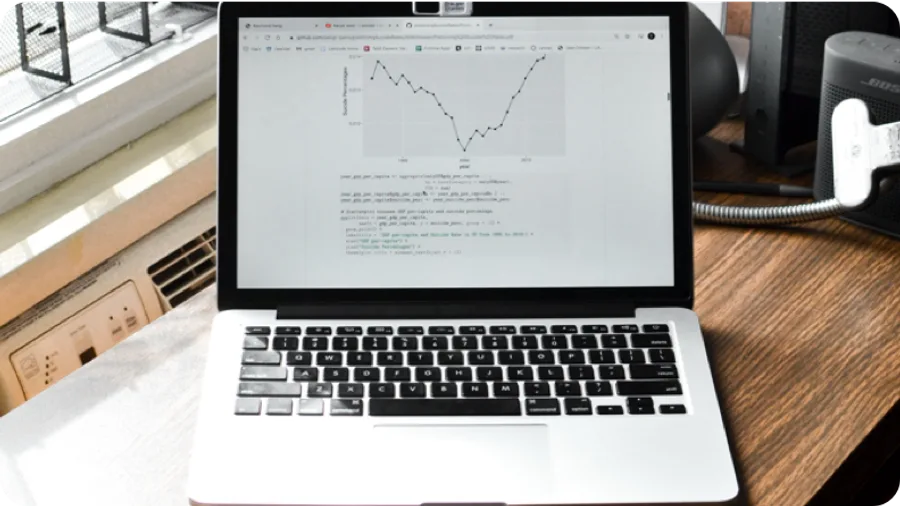
Blog post • 24 Mar 2021
Creating a Strong Culture of Billing Hygiene at Your Law Firm
Every law firm understands the benefits of sound billing practices, but relatively few offer their team convenient solutions to the ‘billing problem’. A strong culture of billing hygiene, supported billing tools and rules that empower your team, puts an end to all common billing issues.
Define Billing Hygiene For Your Law Firm
Exactly what billing hygiene means for your firm will vary depending on your billing arrangements with your clients. At a minimum, it means creating clear documents that outline:
- Billing intervals.
- Billing requirements set by outside counsel.
- Firm billing requirements, including time write offs, time that must be included, and the treatment of expenses.
- Requirements for the construction of meaningful time entries.
- Preferred language for time entries (to promote consistency).
- The relationship between your bills and the value of your services.
You should also create a public billing policy for the benefit of
your clients. Your firm’s billing standards should be transparent,
readily available, and understood by all billing staff. After all, if
you can’t define it, how can you expect your team to?
Make Creating Good Bills Simple
Law firm profits are derived from the hours lawyers spend billing clients, not working on client bills. Making good billing practices simple and convenient makes sense. While good billing starts with the internal processes and policies outlined above, it’s streamlined by technologies. Technology allows law firms to get better bills to clients faster. Here’s how:
Capture Time Across All Devices
Whatever method your firm uses to capture time, it needs to be mobile-friendly. Today’s lawyers are expected to be more responsive than ever. Time leakage can easily occur during calls answered or emails sent during lunch breaks or while commuting.
Automate Time Tracking
Advanced automated time tracking technologies are available and increasingly finding favour with lawyers. These technologies integrate with the systems used by lawyers to track time as it happens, accurately capturing the lawyer’s activities. The automated time tracking technologies are sophisticated enough to allocate time to specific clients and matters. Lawyers then only need to go through and approve, amend, or reject time at the end of the day. This can take as little as 5 minutes.
Integrate Time Tracking With Your Billing System
The system your firm uses to capture time should integrate seamlessly with your firm’s billing infrastructure. Time spent migrating billable hours is time wasted.
Routinely Assess Your Billing Standards
Finally, the expectation gap between lawyers and their clients is often larger than lawyers might like to think. While you may assume your billing system is satisfactory, you might be routinely missing the mark. Create a system for assessing how happy your clients are with your billing practices, and be sure to routinely consider the results. Adjust your internal policies and billing technologies as required to improve customer satisfaction.



